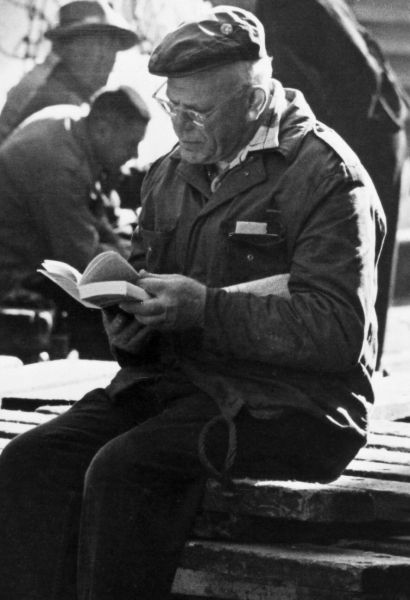A Dissident's Dictionary: True Believer 3
Third question: what are the aspects of hatred? Hoffer clearly understands hatred. One has to wonder how he experienced it on the giving or the receiving end.
Here is his analysis in True Believer:
65: Hatred is the most accessible and comprehensive of all unifying agents. . . . Mass movements
can rise and spread without belief in a god, but never without belief in a devil.
68: Even in the case of a just grievance, our hatred comes less from a wrong done to us than
from the consciousness of our helplessness, inadequacy, and cowardice. . . .
Self-contempt produces in man the most unjust and criminal passions, for he conceives a mortal
hatred against that truth which blames him and convinces him of his faults.
73: It is easier to hate an enemy with much good in him than one who is all bad. . . .
Americans are poor haters in international affairs because of their innate feeling of superiority
over all foreigners.
The undercurrent of admiration in hatred manifests itself in the inclination to imitate those
we hate. . . . The oppressed almost invariably shape themselves in the image of their hated
oppressors.
77: Even when men league themselves mightily together to promote tolerance and peace on
earth, they are likely to be violently intolerant toward those not of like mind.
When we renounce the self and become part of a compact whole, we . . . also rid (ourselves) of
personal responsibility. There is no telling to what extremes of cruelty and ruthlessness a man
will go when he is freed from the fears, hesitations, doubts, and vague stirrings of decency that
go with individual judgment. When we lose our individual independence in the corporateness
of a mass movement, we find a new freedom—to hate, bully, lie, torture, murder, and betray
without shame and remorse.

